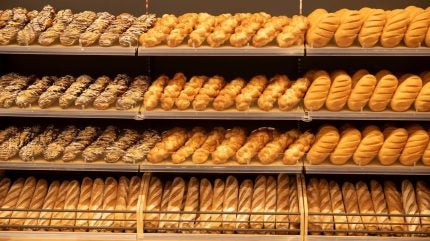
The aroma of freshly baked bread is a staple in many supermarket bakery sections. However, a recent controversy has consumers questioning the authenticity of this enticing scent.
The Real Bread Campaign, a consumer advocacy group run by Sustain, has accused major UK supermarkets such as Tesco, Sainsbury’s, Lidl, and the Co-op of misleading customers about the freshness of their bakery products, the Guardian reported.
The crux of the issue lies in the labels.
Supermarkets advertise their in-store bakeries with words such as ‘freshly baked’, ‘baked in-store’, and ‘expertly baked’.
The Real Bread Campaign argues that these claims are often deceptive.
It alleges that many of the aforementioned stores are simply reheating premade or frozen bread products instead of baking them from scratch using traditional methods.
This alleged deception raises several concerns.
First, consumers are being misled into believing they are buying bread that boasts a handcrafted quality and freshness.
Second, the campaign argues that this practice devalues the work of skilled bakers, as reheating premade loaves requires minimal skill.
Third, it creates an unfair competitive advantage for large supermarkets over small, independent bakeries that truly bake their bread fresh daily.
Finally, there’s the environmental impact.
Reheating bread uses more energy than baking it from scratch, and it can lead to faster staling, ultimately increasing food waste.
Regulations in the EU require that food information be accurate and not mislead consumers about a product’s characteristics, including its method of production.
In other words, consumers have the right to know if a product has been reheated, as this can affect both the freshness and the environmental impact of their purchase.
The outcome of the trading standards investigations into these complaints remains to be seen.
However, it could potentially lead to UK-based supermarkets changing their marketing practices or implementing more transparent labelling on their bakery products.
This controversy highlights the ongoing struggle between large supermarkets, which prioritise efficiency and affordability, and the consumer desire for fresh, high-quality bread made with traditional methods.



